
WHERE GOLF AND NATURE CO-EXIST IN HARMONY
Sustainability
At Bush Hill Park, we acknowledge the social responsibility and environmental stewardship we inherently possess as a golf club located in an urban area with a course spanning just under 100 acres of parkland. We are committed to upholding the longevity, resilience, and sustainability of the environment integral to the game of golf and beyond.
Our Approach to Sustainability
Bush Hill Park's Sustainability Programme represents our ongoing efforts to establish an enduring legacy of the game we love.
Our programme on the golf course is defined by the continuous evaluation and improvement of greenkeeping practices to reduce dependency on water, fertilisers, and chemicals, and minimise energy and water waste. In addition to the preservation and promotion of essential ecosystems and wildlife habitats that help us maintain a safe and harmonious environment for all that benefit from the course - both players and wildlife.
Off the course, we strive to cascade our efforts by strengthening community and business ties by sourcing locally for a greener supply chain, and actively reducing the Club’s carbon footprint.
Bush Hill Park Golf Club is GEO Certified®
We are proud to announce that on September 8th 2025, Bush Hill Park Golf Club became GEO Certified® - joining just 3% of golf clubs in the UK to achieve GEO Certification - a global standard for sustainability in golf, for commitment and efforts to achieve a credible standard for sustainable golf course operation.
GEO Certification is assured by GEO Foundation – the not-for-profit organisation dedicated to delivering programmes that help people on the ground to evaluate, improve and credibly communicate their sustainability work across the agenda of nature, resources, community and climate action.
"On behalf of the GEO Foundation team and its Board of Directors, we are delighted to confirm that Bush Hill Park Golf Club is officially GEO Certified®. Many congratulations to you and the team for your outstanding work in fostering nature, conserving resources and supporting the community. You are now part of a growing community of clubs, developments and tournaments demonstrating just how great golf goes hand in hand with nature, environmental responsibility and strong communities."
GEO Certified® is the symbol of a great golf environment, confirming that Bush Hill Park Golf Club satisfies all GEO certification criteria; meeting a credible standard in the areas of nature, resources and community, and is committed to continual improvement. The comprehensive Certification Report provides a detailed account of the continued commitment made to maintain wider sustainability issues.
The Club is delighted that this global accolade recognises the outstanding work of the course management team and clubhouse staff involved. Achieving this certification is part of our ongoing commitment to sustainability and we are excited to continue striving for excellence in sustainable golf.
Golf's most comprehensive and widely regarded sustainability distinction.
GEO Certified® is a comprehensive modern certification, developed specifically for three key areas of the industry: golf facility operations, golf development and renovation, and golf tournaments. The distinction shows that we have met a credible standard across nature, resources, climate action and community.
Our Pledge to Sustainable Golf
We are committed to social and environmental responsibility, in and through golf.
We recognise the importance of playing our part to protect and restore nature, conserve resources, take climate action and strengthen communities.
We will seek to use our reach to raise awareness and positive action amongst golfers, partners and the wider public.
We will make an important difference, and help golf become a valued leader in sustainability.
Green Mark - Our Pledge

Green Mark Level 1 Certified
In July 2025, Bush Hill Bush Hill Park Golf Club proudly achieved Green Mark Level 1 certification recognising our commitment to sustainability and reducing our environmental impact.
Green Mark accreditation has become a cornerstone of business operations across the UK, and certification is a recognised standard that helps businesses:
- Save energy and reduce waste.
- Manage environmental obligations more effectively.
- Build a clear path toward long-term sustainability.
This achievement demonstrates to our members, staff, and community our commitment to protecting the environment and taking meaningful steps toward a greener future.

.
A Proud Signatory to the Sports for Nature Framework
In August 2024, Bush Hill Park Golf Club became a proud signatory to the Sports for Nature Framework. One of a few golf clubs in the UK to join the initiative, which intends to tap sports’ enormous potential to take on ambitious goals and drive positive change, it marks our commitment to join the global effort to champion nature and contribute to its protection and restoration.
Sports for Nature is a joint initiative of the International Union for Conservation of Nature, International Olympic Committee, United Nations Environment Programme, Secretariat of the Convention on Biological Diversity, and Dona Bertarelli Philanthropy (= S4N Partners).
It aims to deliver transformative action for nature across sports, by 2030 and beyond, enabling sports to champion nature and contribute to its protection and restoration. It provides a game plan for sports — at all levels — to accelerate and inspire others to take action for nature.
The S4N Framework is the main pillar of the initiative. The Framework calls on sports organisations to make measurable contributions to nature and asks them to work towards four principles and linked goals that will help them advance their nature journey. Click on the Bush Hill Park Golf Club Sports for Nature Declaration below to find out more about these four principles.
Bush Hill Park Golf Club Sports for Nature Declaration
The Leisure Operator Water Charter
We are committed to:
1. Providing information and education to our members highlighting the urgent need to move towards sustainable water sources for irrigation to safeguard the future of our industry.
2. Reviewing and maintaining water infrastructure across our facility to improve efficiency and reduce leaks and losses.
3. Work with the water companies, regional water resource groups, Environment Agency, and others, to participate in a national communications network, and where possible we will reduce our mains irrigation during periods of high-water demand to protect public supplies for drinking, cooking and washing.
4. Review existing and create new case studies, highlighting successful water resilience projects to help us and others to reduce water consumption, and collaborate closely on projects within our industry to assist project uptake, reduce implementation time, and publicise the reasons for the project’s completion.
5. Highlight the positive impacts of the projects undertaken on water resilience, flood relief, and the benefits to the wider community of soft landscaping reducing run off and enhancing the natural environment and improving the sustainability of our facility.
6. Be developing, to have developed, or to update our existing Water Resilience Plan, to protect our future operations.
7. Publish this Water Charter and our water resilience plan on our website to create greater awareness of our activity and inspire others.
Water, Chemical, and Energy Reduction
On the course, we seek different ways to reduce fungicide usage, which include, different grass species that are more disease resistant, more use of metals such as iron, copper, and manganese in addition to phosphites, reducing organic matter and increasing the root depths to help make our greens more sustainable.
Our on-site waste to water cleaning system contains, treats, and recycles water in our maintenance facility, enabling us to reduce and optimise our water usage. Harvesting water from the greenkeepers shed to make it require zero mains water supply is under review.
A commitment has been made to undertake a review of the restoration of an ancient pond on the course with the intention of recycling the water to keep our ponds topped up, reducing reliance on our borehole.
When they are of a standard and quality good enough for golf courses, our aim is to incorporate the use of electric machinery. Using hybrid machines will reduce fuel, hydraulic oils, and noise pollution.
Our electricity supplier has been selected for being 100% Certified Green Electricity.
LED lighting has been installed in the greenkeeping shed.
All golf buggies on site are electric.
Weather Station Installation
We have invested in a professional grade weather station, which will provide us with highly accurate, real-time data on key environmental factors such as rainfall, air and soil temperature, humidity, and evapotranspiration rates. Having this level of detailed, site-specific information will significantly enhance our decision making across several areas of course management. It will allow us to better time irrigation, nutrient applications, and maintenance practices based on actual conditions rather than relying on broader regional forecasts. Over time, this data will also help us build a clearer picture of seasonal trends on the course, leading to more proactive and precise turf management. This marks another step forward in our commitment to sustainable and data-led greenkeeping at Bush Hill Park.
Integrated Turf Management
An Integrated Turf Management (ITM) programme is a holistic approach to maintaining healthy turf by combining various management strategies. This typically includes:
- Cultural practices (e.g., aeration, top-dressing, overseeding)
- Pest and disease management using Integrated Pest Management principles to reduce chemical use
- Nutrient management - customising fertilisation for soil health and turf requirements
- Water management - efficient irrigation to prevent disease and conserve resources
The ITM approach aims to promote long-term turf health and sustainability, reducing reliance on chemical interventions and optimising practices to maintain a healthy and resilient turf environment.
Ancient Tree Mapping
A fundamental part of the Club’s Sustainability Programme is to improve the local environment, protect biodiversity on the golf course, and encourage a sense of stewardship in our community.
The Woodland Trust maintains an Ancient Tree Inventory by mapping the oldest and most significant trees in the UK. These records help identify ancient tree biodiversity hot spots, monitor threats and future losses, aid targeted conservation efforts for vulnerable areas, and manage vital ecosystems.
Trees - particularly ancient ones - play a crucial role in carbon offsetting. Acting as powerful carbon sinks, they help remove carbon dioxide from the atmosphere and mitigate the greenhouse effect, helping to reduce the impact of the Club’s environmental footprint.
July 2025 saw the launch of our Ancient Tree Mapping project, led by an enthusiastic group of members volunteering to exploring the course in search of ancient, notable, and veteran trees.
Biodiversity and Conservation
With the golf course taking up such a vast quantity of land, our goal is to enhance natural biodiversity where possible to allow pollinators and ecosystems to thrive.
The golf course is home to vital habitats for a diverse and flourishing wildlife - some notable, population with Egyptian Geese, Swans, Ducks, Moorhens, Coots, Herons, various species of fish, Foxes, Muntjac Deer, Bats, and Badgers.
We create log piles from felled trees, which create a sanctuary of food and shelter for insects particularly threatened stag beetles. They find solace in the damp nooks and crannies a log pile provides, and as the wood decays over time, log piles attract an even greater range of wildlife like badgers, which may otherwise cause damage to the golf course.
Through naturalisation, we allow areas to go wild, introducing wildflowers and grasses to different parts of the golf course, eco areas, and uncut fescue grasses in the spring and summer seasons. Allowing areas of natural vegetation to grow become important for providing valuable food sources and nutrition for wildlife, attracting pollinators such as bumblebees, butterflies, and other insects. These areas contribute to creating an aesthetically pleasing course too!
During the winter months, the Greenkeeping team continue to construct bug hotels, as well as bird and bat boxes, utilising upcycled and recovered materials, which are then strategically installed across the golf course.
We are currently exploring the possibility of setting up beehives with the support of local professional beekeepers.
Fox-Feeding Policy
Community and Local
Whenever feasible, we prioritise local suppliers. Our kitchen procures ingredients from a nearby butcher, dairy, and vegetable supplier, while the bar is supplied by a local brewery.
Our seasonal menus cater extensively to vegans and vegetarians, featuring a wide selection of options, including a Beyond Meat® offering.
Bike racks have been installed in the car park.
Waste Management and Reduction
Food waste and kitchen oil are collected for proper disposal.
Recycling receptacles for paper, cardboard, plastic, cans, and glass bottles are conveniently located throughout the Clubhouse.
Purchasing Power
Off the course and into the Pro Shop - all tees, markers, and pitch forks available for sale are made from bamboo.
We use FSC-certified paper for our scorecards and green fee tickets.
The Pro Shop also retails a PUMA range made from recycled plastic bottles.
In the Clubhouse, single-use plastic water bottles have been replaced with water cartons.
Our Website
Our website runs on green energy using a verified green hosting provider, supporting the transition to a fossil-free internet.
.png)
Sustainable Golf Course Management
The R&A and England Golf campaign to raise golfer awareness of some key issues when it comes to sustainable golf course management can be viewed by topic at the following links below:
1. Wet conditions at my course
2. Proactive protection of playing surfaces
5. Disease pressures coming into the playing season
6. Grass is just grass... or, is it?
8. Hazard by name but how hazardous by nature?
9. Driving for Sustainabilitee
10. Tree-ing off
11. Five things every golfer can do to help their greenkeepers
12. Water scarcity and management


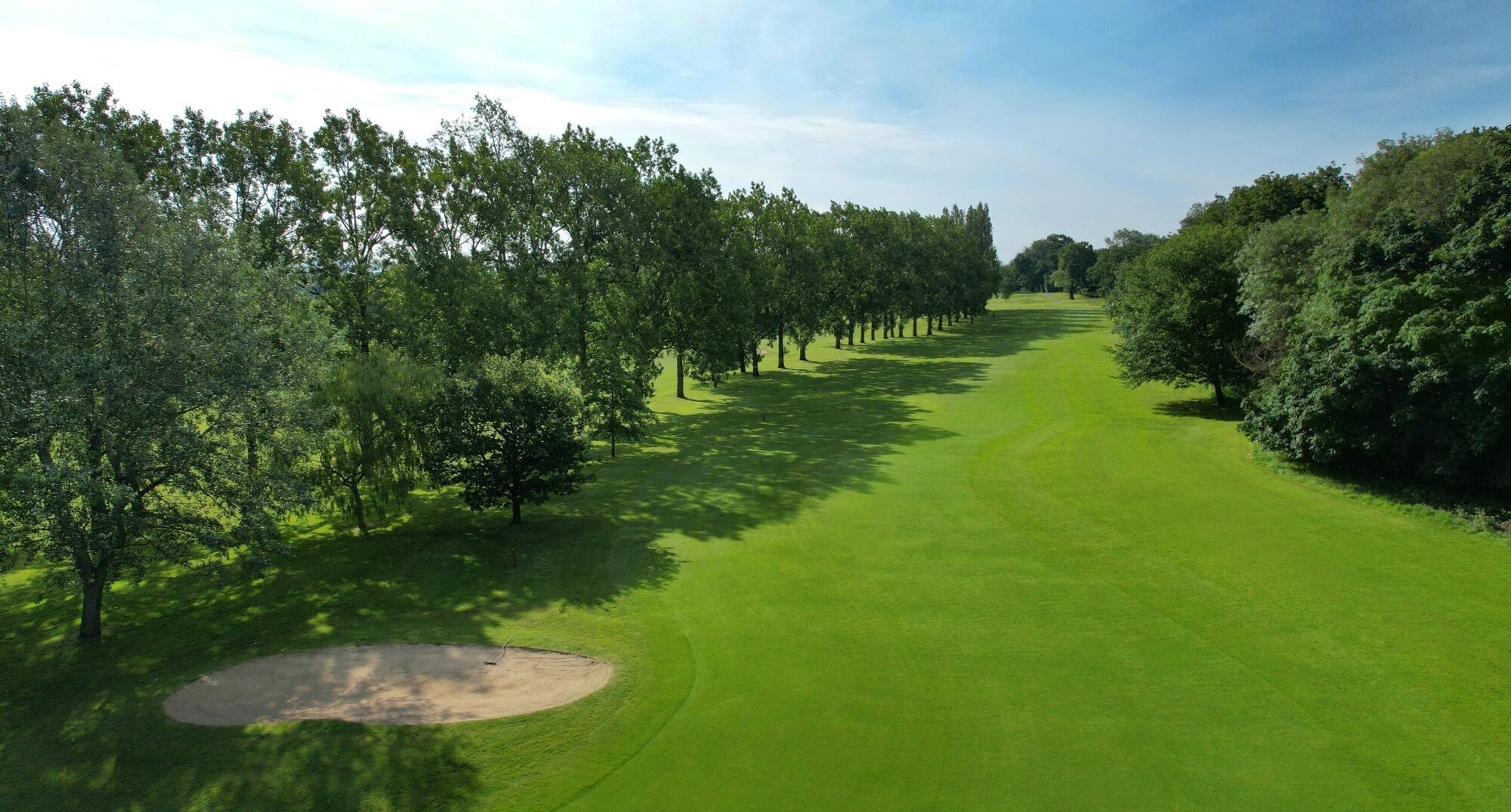
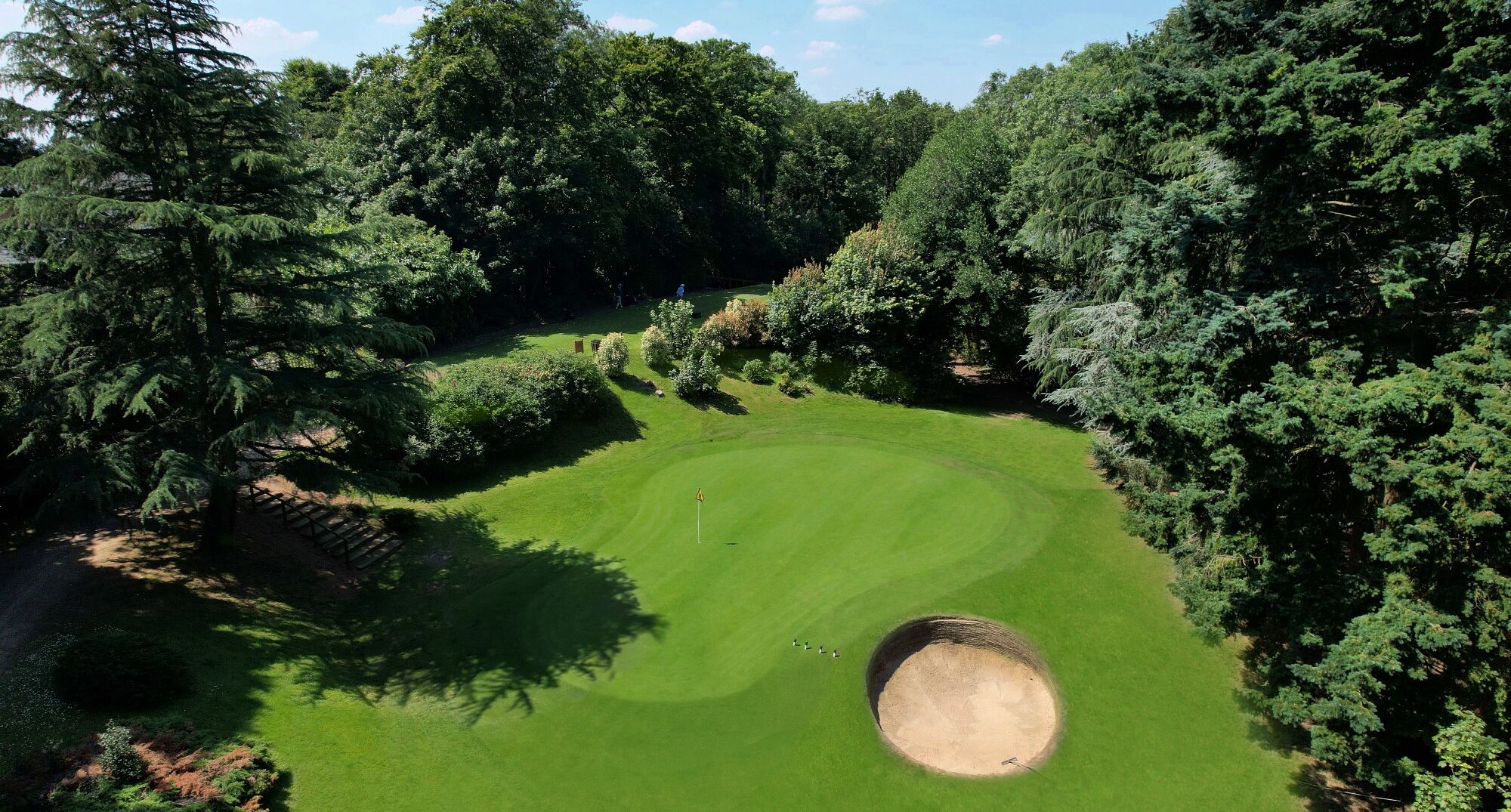
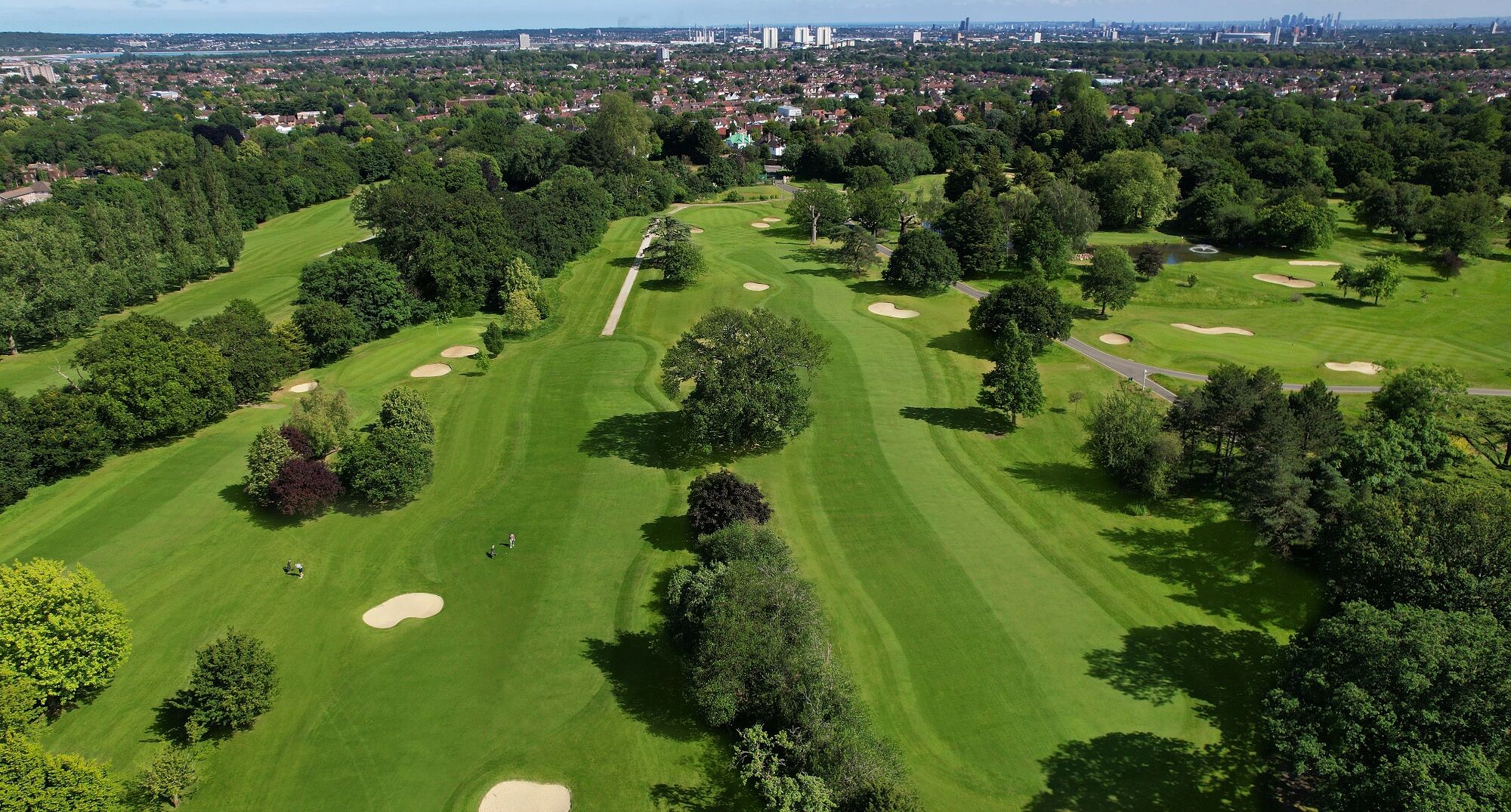
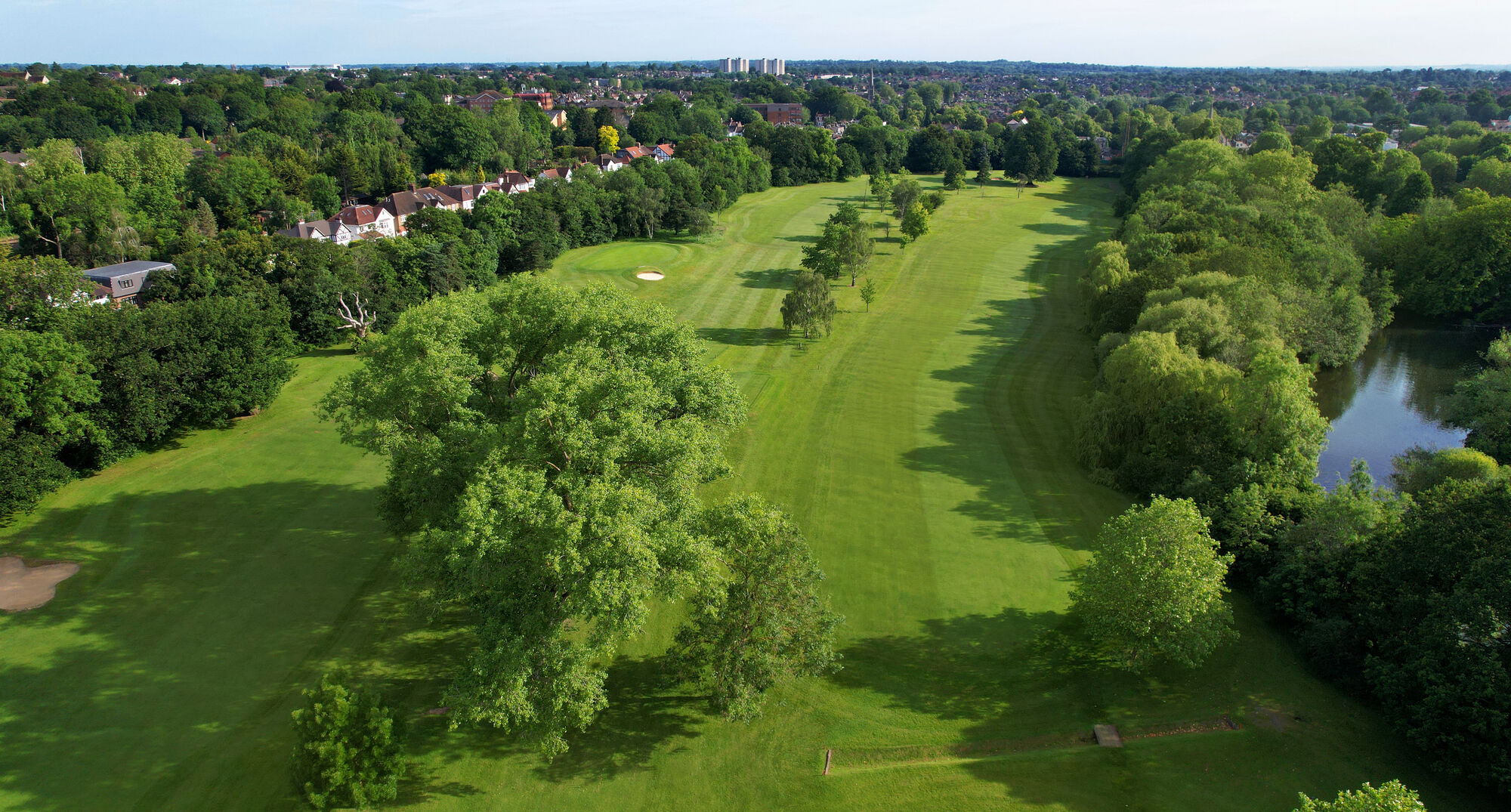
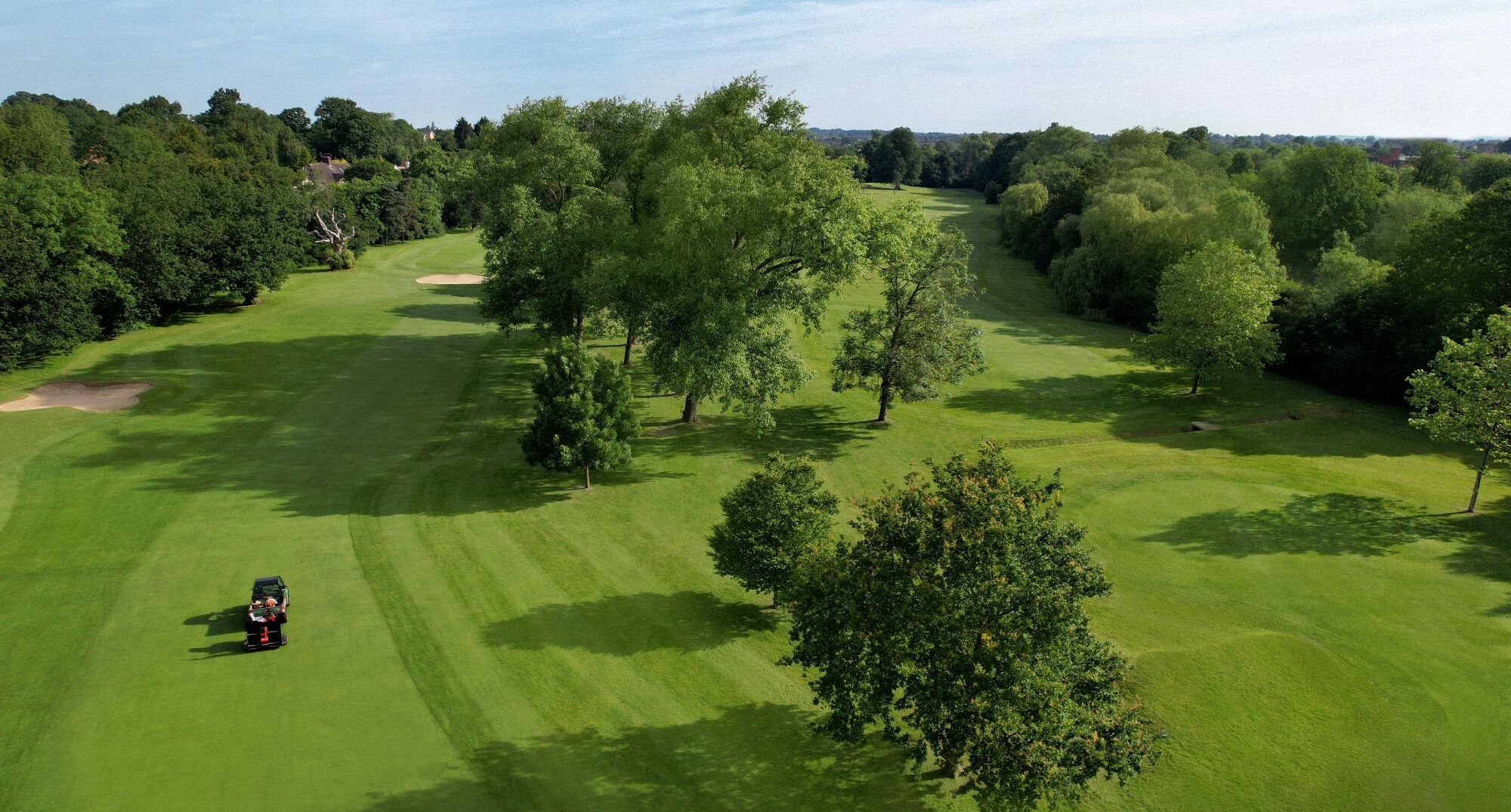
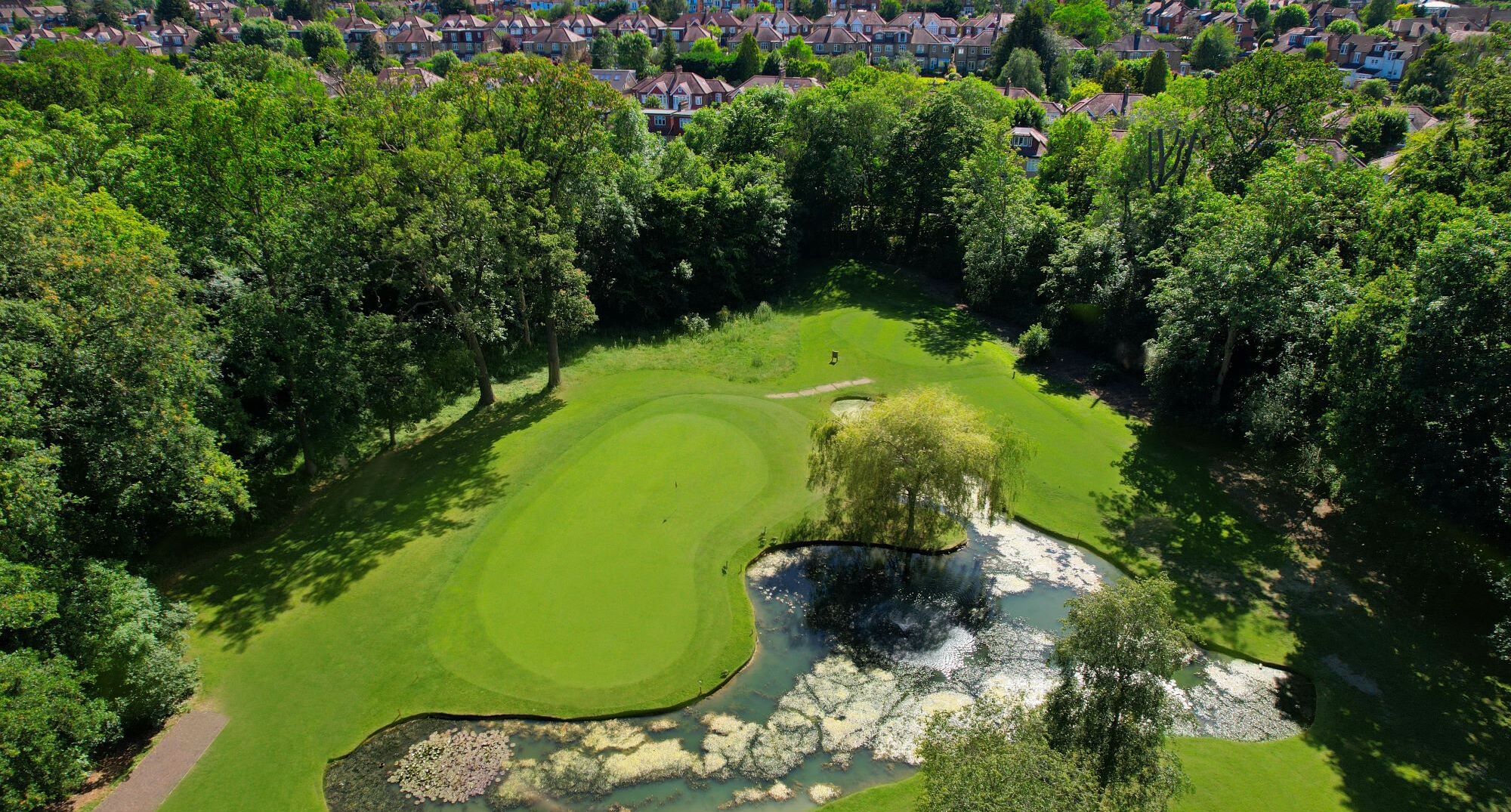
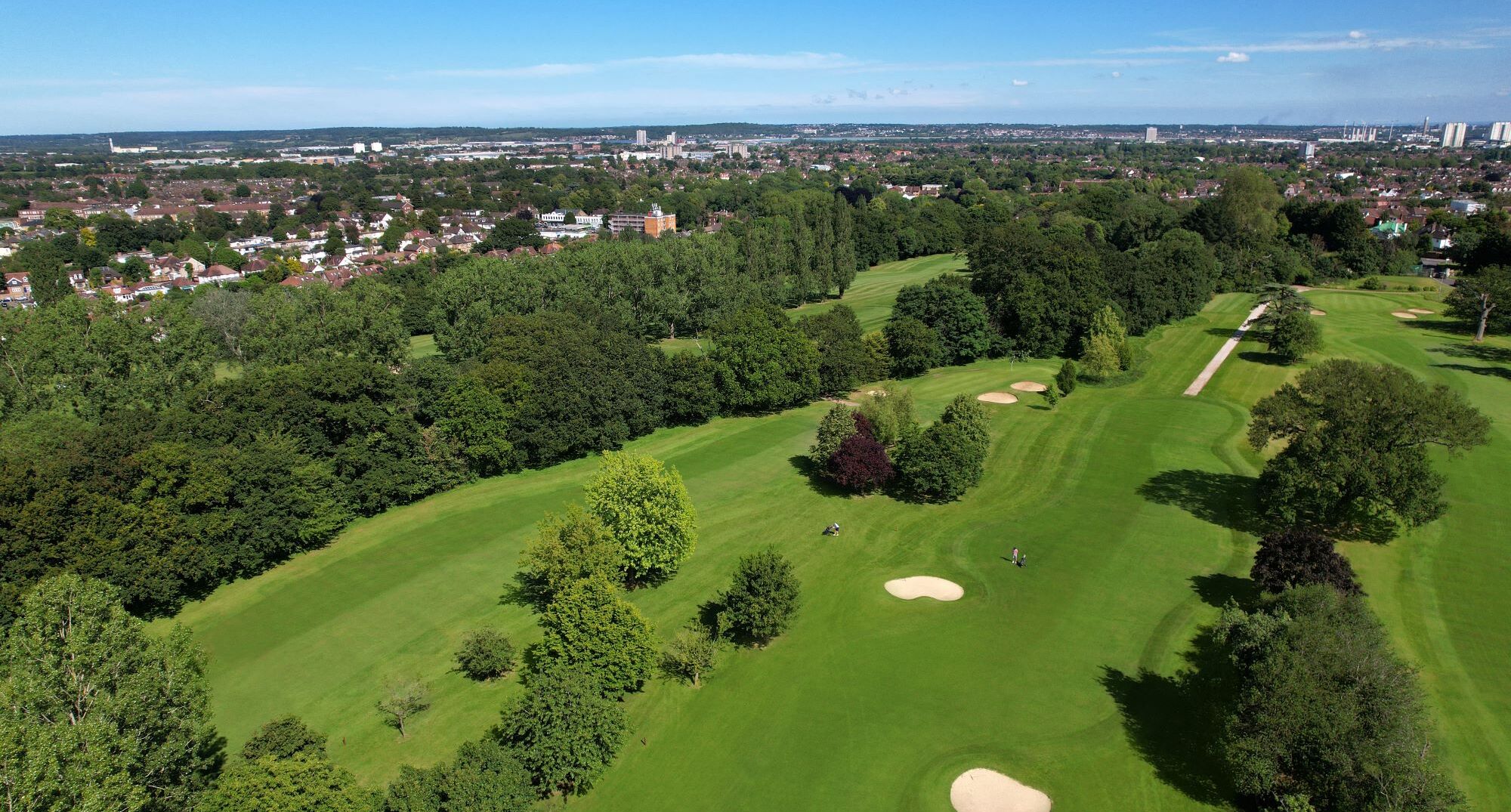


.png)















